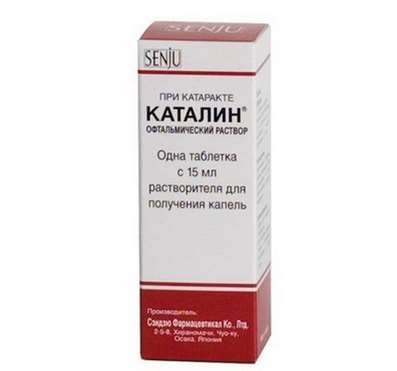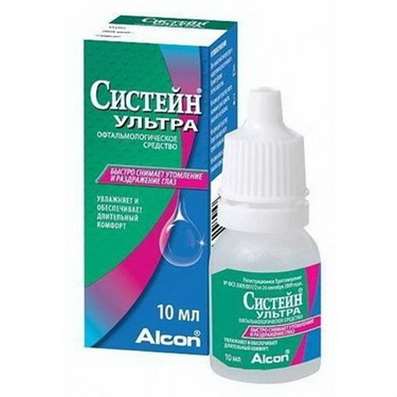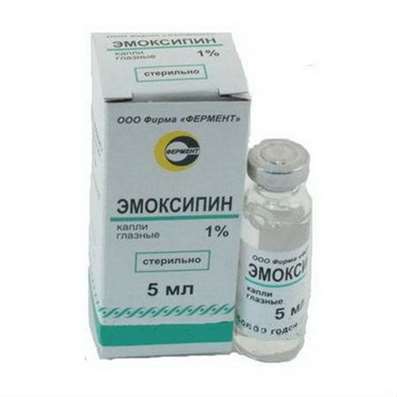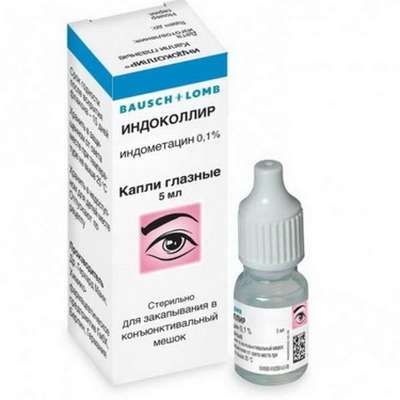Venlafaxine
28 Feb 2018
Trade names: Effexor, Vipax, Velaxin, Velafax, Ephevelone, Venlaksor.
Venlafaxine - antidepressant from the group of selective inhibitors of the reuptake of serotonin and norepinephrine.
Venlafaxine is indicated for the treatment of major depression, as well as anxious neuroses of different etiologies.
The antidepressant effect of venlafaxine is associated with an increase in neurotransmitter activity in the CNS. Venlafaxine and its main metabolite O-desmethylvenlafaxine (EFA) are potent inhibitors of reuptake of serotonin and norepinephrine and poorly inhibit reuptake of dopamine by neurons. Venlafaxine and EFA equally effectively affect the reuptake of neurotransmitters. Venlafaxine and EFA reduce beta-adrenergic reactions.
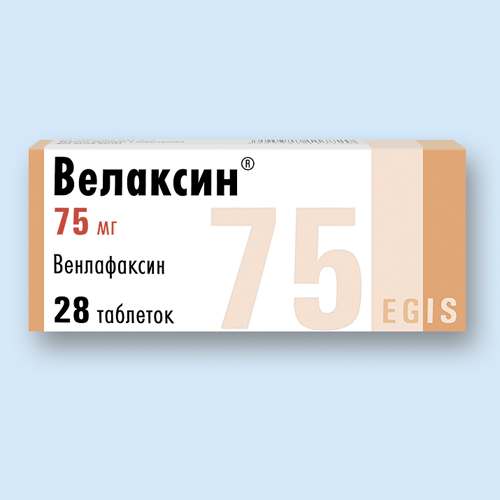
Venlafaxine does not have an affinity for muscarinic, cholinergic, histamine H1 and α1-adrenergic receptors in the brain. Venlafaxine does not suppress MAO activity. Has no affinity for opiate, benzodiazepine, phencyclidine or N-methyl-D-aspartate (NMDA) receptors.
Most studies have shown similar efficacy of venlafaxine and other antidepressants. In comparison with sertraline and escitalopram, venlafaxine demonstrates similar efficacy with these drugs in treating patients with severe depression and in improving their quality of life. One meta-analysis showed the advantage of venlafaxine over SSRIs, but only fluoxetine and paroxetine were included in the analysis, and the results can not be extrapolated to all SSRIs. A large meta-analysis combined the results of 33 RCTs with the participation of patients with deep depression who took venlafaxine, fluoxetine, paroxetine and fluvoxamine. The level of remission with venlafaxine was 45%, with the SSRI - 35%, and in the placebo-control group - 25%. Similar results (greater venlafaxine versus SSRIs) have been demonstrated in other large meta-analyzes.
The meta-analysis was criticized, because in it venlafaxine was compared with SSRI in low doses, which could not but affect the results. This circumstance caused the authors to conduct a new, more correct study, but the result was similar. The depth of effect and the frequency of remission were higher with venlafaxine. It was concluded that venlafaxine is actually a more effective antidepressant in comparison with SSRIs.
In a 2009 study (RCT that included 105 patients), a combination of venlafaxine with mirtazapine was particularly effective, with this combination of remission reaching 58% of patients - approximately twice that of using one antidepressant. These combinations are used in the treatment of resistant depressions. The combination of venlafaxine and mirtazapine in slang is called "California rocket fuel". There are different combinations of taking several antidepressants, if they belong to different groups. For example, a combination of venlafaxine with bupropion.
At the same time, there are studies that question the efficacy of venlafaxine. A comparative review of 42 clinical trials of 6 antidepressants (venlafaxine, sertraline, fluoxetine, paroxetine, citalopram and nefazodone), including those whose data was not previously published, showed that the results of the majority of these 42 trials are negative. The difference between placebo and drugs was on average only 1.8 points on the Hamilton scale - a number that is statistically significant but not clinically significant. According to another study (a meta-analysis of 35 clinical trials of 4 antidepressants, including venlafaxine), the difference between antidepressants and placebo reached clinical significance only with very severe depression.
The most typical side effect for venlafaxine is nausea (it depends on the dose and passes with time). A rare side effect is systemic hypertension, which also depends on the dose, occurs at the beginning of treatment, but tends to be stable. All venlafaxine-receiving patients need periodically in the first months of therapy and with an increase in the dose of the drug to measure blood pressure.
The withdrawal syndrome
Venlafaxine is characterized by one of the most powerful withdrawal syndromes among antidepressants. After a severe withdrawal of the drug or a significant reduction in its dose, general malaise, fatigue, drowsiness, unusual dreams / nightmares, headache, a feeling of faintness, dyspeptic phenomena (nausea, vomiting, diarrhea, anorexia), dry mouth, anxiety, anxiety, tremor limbs, convulsions, emotional instability, and so-called. "Brain zaps" - a phenomenon consisting in sensations of dizziness, a failure in an air hole, passage of an electric discharge through the body. To avoid these symptoms, it is very important to reduce the dose gradually, for a certain period: with a course of therapy lasting 6 weeks or more, the period of dose reduction should be at least 2 weeks and depend on the dose, duration of treatment and individual characteristics of the patient; During clinical trials of venlafaxine, the dose was reduced by 75 mg once a week.
#pharmacology #psychiatry #dementia #venlafaxine

 Cart
Cart

